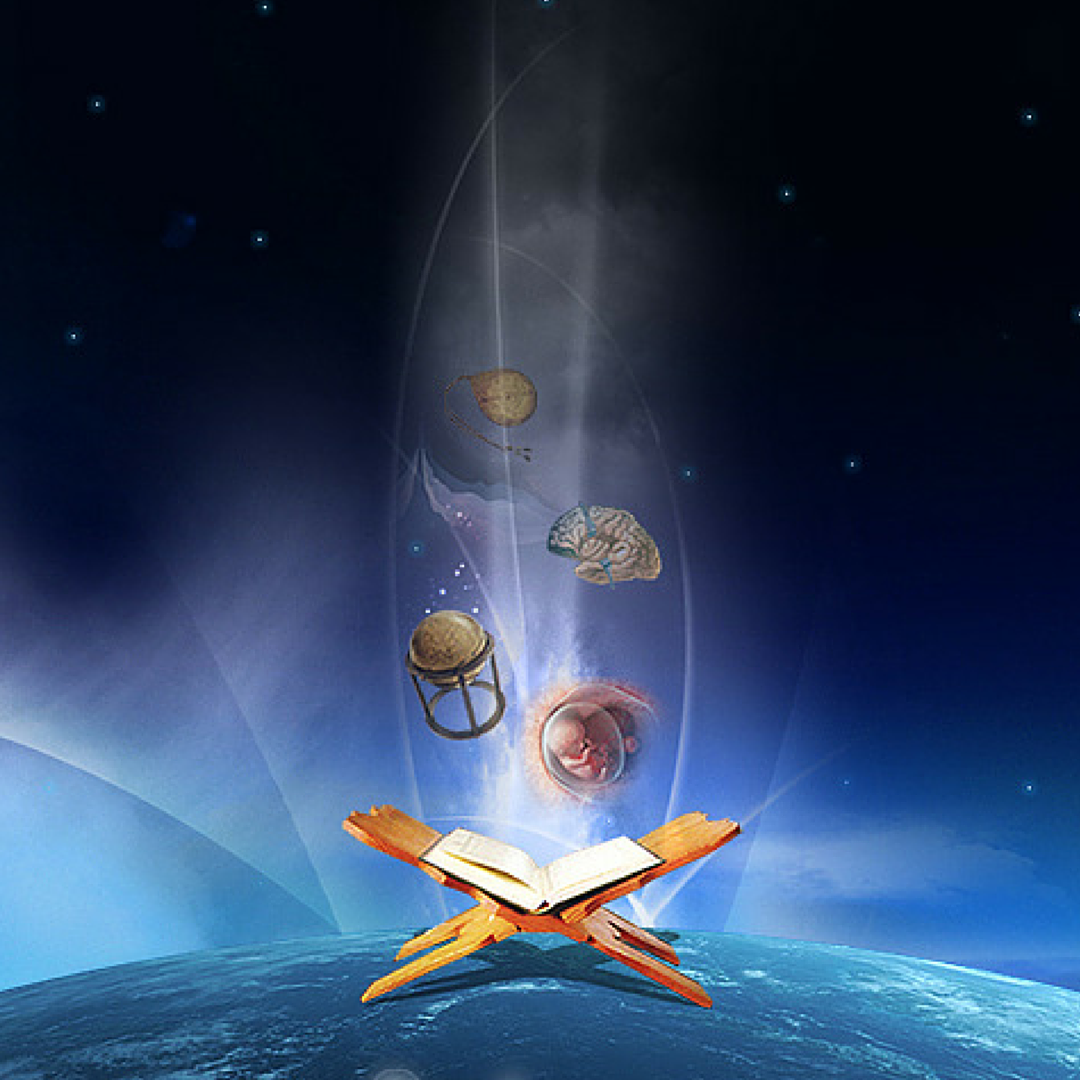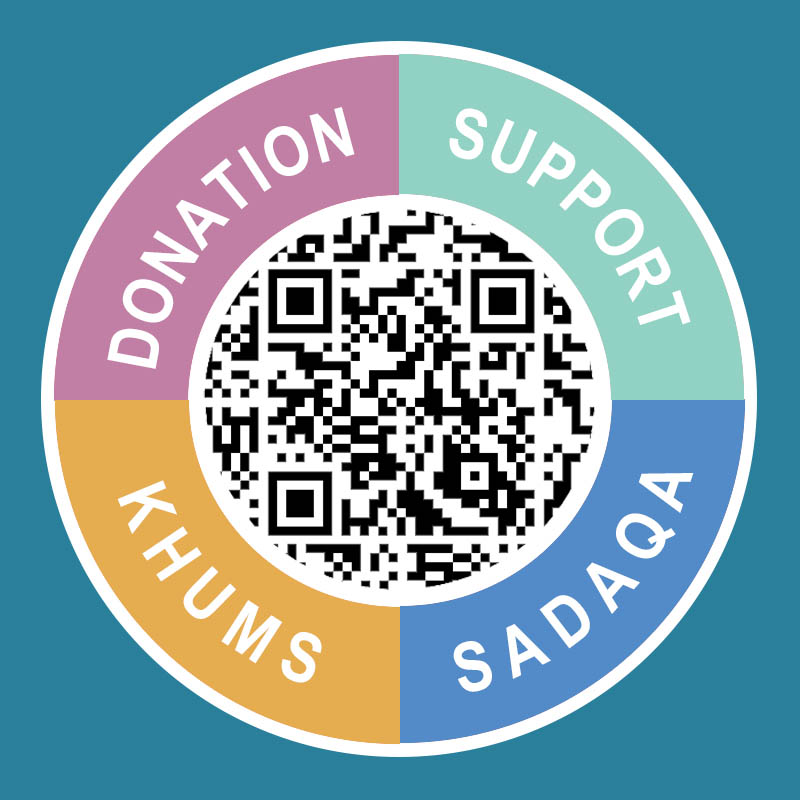Seyed Hashem Moosavi
Introduction
The “World Science Day for Peace and Development” offers a profound opportunity to reflect upon the higher purpose of knowledge. In an era of unprecedented scientific and technological advancements that continue to reshape human life, we must ask essential questions: What is the end goal of this ever-expanding body of knowledge?
Is science merely a tool for economic growth and material comfort, or can, and should, it be an active force for peace and sustainable development? For a faith that claims universality and human upliftment, Islam offers a deep and balanced insight into this pivotal relationship. This article seeks to explore the foundations of this vision through the Qur’an and the teachings of the Prophet and his household (peace be upon them), illustrating how a God-centred worldview directs science away from destruction and toward the flourishing of life and harmony.
- A Universal Call to Knowledge and Contemplation
The Qur’an does not dismiss rational inquiry; rather, it passionately invites human beings to reflect, ponder, and seek understanding, both within the world around them (the “horizons”) and within themselves (the “souls”). Verses such as:
« قُلِ انظُرُوا مَاذَا فِي السَّمَاوَاتِ وَالْأَرْضِ؛ “Say, ‘Look carefully at what is in the heavens and the earth.” (Qur’an 10:101)
«أَفَلَا يَنظُرُونَ إِلَى الْإِبِلِ كَيْفَ خُلِقَتْ؛ Do they not contemplate the camel, how it was created?
«وَإِلَى السَّمَاءِ كَيْفَ رُفِعَتْ؛ And the sky, how it was raised?
«وَإِلَى الْجِبَالِ كَيْفَ نُصِبَتْ؛ And the mountains, how they were set up?
« وَإِلَى الْأَرْضِ كَيْفَ سُطِحَتْ؛ And the earth, how it was spread out?” (Qur’an 88:17–20)
These verses are more than poetic musings; they constitute a foundational summons to scientific inquiry, rooted in humility and a profound sense of awe. The teachings of the Prophet and the Imams (peace be upon them) similarly encourage the pursuit of knowledge, even if it requires a journey across the globe.
Such encouragement links the act of learning not only to personal belief, but to the collective calling of humankind: to uncover the signs (“āyāt”) of divine wisdom embedded in nature. Proper knowledge, in this paradigm, leads not to spiritual pride or ecological domination, but to a sense of responsibility and reverence toward creation.
- Guiding Science Toward Human and Environmental Flourishing
Islam does not merely promote the acquisition of knowledge; it offers ethical criteria for evaluating its benefit. The Islamic tradition prioritizes fields of learning that uplift society, sustain life, and minimize harm. Examples include:
A: – Agriculture and Animal Husbandry
“Farmers are the treasurers of society. They plant that which is pure and lawful, and God brings it forth from the earth. On the Day of Resurrection, they shall be among the most honoured.” Imam al-Ṣādiq (Peace be upon him) (Wasā’il al-Shīʿa, vol. 19, p. 34)
B: – Trade and Commerce
“Do not abandon buying and selling, for abandoning it diminishes reason.” Imam al-Ṣādiq (Peace be upon him)
In these teachings, we encounter a vision of science and technology deeply aligned with what modern thinkers call sustainable development: a symbiosis of economic vitality, social welfare, and environmental stewardship.
C: – Defensive Knowledge, Not Aggressive Science
The Qur’an offers a remarkable example in the story of Prophet David (peace be upon him): «وَعَلَّمْنَاهُ صَنْعَةَ لَبُوسٍ لَّكُمْ لِتُحْصِنَكُم مِّن بَأْسِكُمْ؛ “We taught him the skill of making armor for you, to protect you from each other’s violence.” (Qur’an 21:80)
Here, the emphasis is not on warfare but defence and protection. This underscores a foundational Islamic principle: scientific knowledge, even when applied in military contexts, must serve the goal of minimizing harm and preserving human life, not fostering conquest or destruction.
- Rejecting Destructive and Divisive Sciences
Just as it encourages useful knowledge, Islam strongly warns against fields of learning that sow division or bring about corruption. The Qur’an vividly condemns the use of certain forms of knowledge (such as sorcery) that undermine human unity and social harmony:
« فَيَتَعَلَّمُونَ مِنْهُمَا مَا يُفَرِّقُونَ بِهِ بَيْنَ الْمَرْءِ وَزَوْجِهِ … وَيَتَعَلَّمُونَ مَا يَضُرُّهُمْ وَلَا يَنفَعُهُمْ؛ “They learned from them what they used to separate man from his wife … They were learning what harmed them and did not benefit them.” (Qur’an 2:102)
Such teachings highlight an essential criterion: any pursuit of science that undermines human dignity or destroys the fabric of social trust is categorically rejected in Islam.
- Science Within Ethical Boundaries: The Path to Lasting Peace
In Islam, science unmoored from ethics is not a neutral force, it is potentially a menace. Knowledge must always be accompanied by moral guidance, lest it become an instrument of oppression.
Examples abound today: from weapons of mass destruction to the poisoning of air and water, from economic systems that widen inequality to technologies that alienate humanity from nature. The Islamic tradition emphasizes responsibility toward both Creator and creation, reminding us that:
- Earth is a trust, not a possession.
- Justice is the foundation of human community.
«العدلُ أساسٌ بِهِ قِوَامُ العالَم؛ “Justice is the pillar by which the world stands.” Imam ʿAlī (Peace be upon him). (Mizan al-Hikma, Ray Shahri, Vol. 3, page 1838)
The Prophet’s command during the peaceful conquest of Mecca, “Do not cut down trees, do not kill animals, do not poison wells”, stands as one of the earliest declarations of environmental and humanitarian ethics in wartime. (Bihar al- Anwar, vol. 19, p. 177; Al-Wasal al-Shi’a, vol. 11, p. 43).
- Islamic Law (Fiqh): A Legal Framework for Peace and Social Harmony
Fiqh, the science of deriving divine law, is often perceived as strict, but at its core lies an undeniable commitment to order, justice, and peace. Islamic legal rulings in areas such as commerce, family life, and criminal justice establish clear boundaries to protect society from exploitation, violence, and injustice.
When properly understood and applied, these laws do not bring about tyranny, they protect individual rights, prevent cycles of vengeance, and create conditions where true peace can flourish.
Conclusion: Science as a Sacred Trust
From the Islamic perspective, science is not a sword with two edges, it is a divine gift that comes with responsibility. When guided by faith and ethics, it becomes a tool for peace, justice, and the flourishing of all creation. In Islam, the ultimate goal of knowledge is to know and serve God by bettering the world He has entrusted to human care.
The true scientist, then, is not only a discoverer of facts but a guardian of life, justice, and hope. Whether one is studying physics, ecology, economics, or art, the same spiritual compass is required: knowledge must uplift, not wound, the human spirit and the natural world.
Only when this sacred balance is upheld can we declare that today’s science truly serves peace and development, not merely in words, but in truth.






